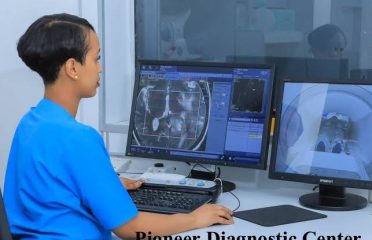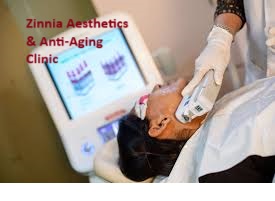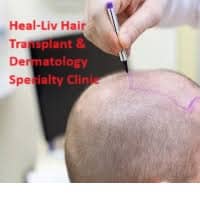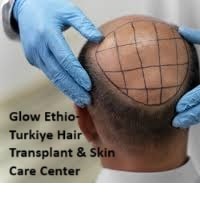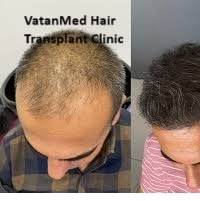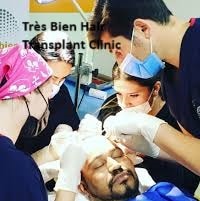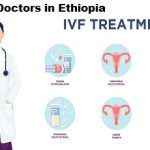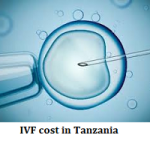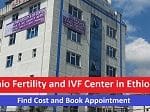IVF in Ethiopia – Find Best Hospital, Doctors and Cost
In-vitro fertilization (IVF), as the name suggests, is a procedure that involves combining sperm and egg. Because infertility is a personal issue and is frequently viewed as a curse or taboo in many countries, including Ethiopia, there is probably a lack of understanding of the methods and processes involved in IVF therapy. The situation is changing, however, as more people are starting to accept the concept of in vitro fertilization (IVF), and many prestigious hospitals, including those in Ethiopia, are now specializing in treating patients with infertility-related issues. These centers have the best doctors and embryologists as well as the latest medical technology.
Most of the IVF doctors in Ethiopia have extensive training and experience. They give patients the best care possible and collaborate closely with the nursing team to make sure the patient receives the best possible medical attention. Additionally, as compared to other nations, IVF treatment in Ethiopia is less expensive.
What is In Vitro Fertilization?
In vitro fertilization is the process of fertilization where an egg and sperm unite outside of the body. A woman’s ovulatory cycle is observed and stimulated during the procedure, and an ova or ovum is removed from the woman’s ovaries and fertilized in a lab with sperm. .
In vitro fertilization is a treatment choice for infertility sufferers who are still unable to conceive despite using standard treatment procedures. A couple’s own eggs and sperm can be used in the operation. Or IVF may use eggs, sperm, or embryos from a known or unknown donor. In some circumstances, a gestational carrier—someone who has had an embryo implanted in the uterus—might be used.
IVF advancement in Ethiopia: Ethiopian hospitals are renowned for consistently performing multiple deliveries with a very high success rate and great accuracy. IVF specialists in Ethiopia provide a variety of procedures, such as IVF, Natural IVF, IVF with an egg donor, embryo donation, assisted hatching, laparoscopy, etc., at reasonable costs.
Ethiopian doctors regularly carry out modern techniques such assisted laser hatching, oocyte and ovarian tissue freezing, embryo biopsy, DNA fragmentation, and personalized embryo transfer. The use of cryopreservation, a new specialized service now accessible in Ethiopia, allows for the longer-term storage of either the eggs, sperms, or the zygote (fertilized cell). As a result, Ethiopia has made significant progress in recent years.


